Home Pest Control of Raleigh
Welcome to Home Pest Control of Raleigh! We are North Carolina pest control specialists. We offer both residential and commercial extermination services in Raleigh. We handle all common pest insects in the area, including: Termites, Ants, Bed Bugs, Cockroaches, Spiders, Palmetto Bugs, Mosquitos, Silverfish, Centipedes, Millipedes, Carpenter Bees, Dust Mites, Spider Mites, Fleas, Lady Bugs, Drain Flies, Indian Meal Moths, Yellow Jackets, Brown Recluse Spiders, Black Widow Spiders, Ticks, Pillbugs, Earwigs, and rodents such as rats and mice. We offer a range of affordable pest management services, including complete interior coverage of your home or building, and complete exterior coverage of your house and lawn. We pride ourselves on our polite and courteous customer service and our excellent results. Give us a call any time to find out more about our prices for pest control work and to schedule an appointment, usually within the next day. We look forward to hearing from you.

Residential / Commercial
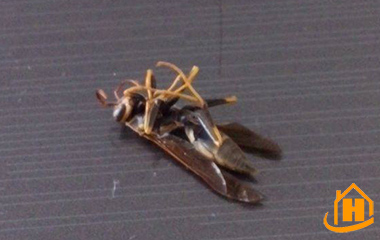
Complete Insect Extermination
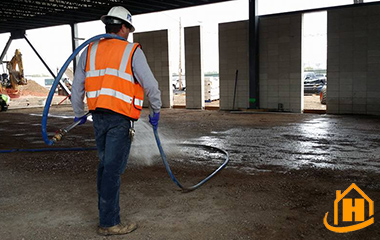
Property Services
Call 24/7 to discuss your pest problem.
Same-day or next-day appointments.
32-point inspection of your property.
Written estimates for pest project.
Fully state licensed and insured.
Complete Bed Bug treatment and removal.
Complete termite tenting and erradication.
Control of ants, spiders, stinging insects.
100% permanent rat and mouse control.
Quarterly and monthly maintenance programs.
Our Service Range - 919-883-9301
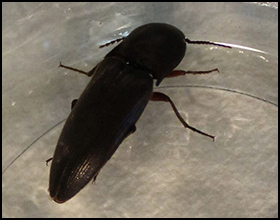
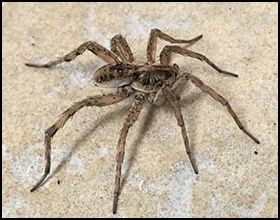
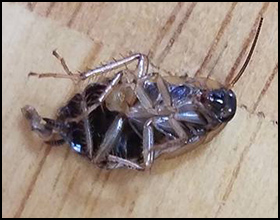
What Do Ants Eat?
One of the most important factors in the animal world is food. So, to understand ants we need to first understand their diet. That's why today we're looking at what ants eat and how they gather this food.
There are many different types of ants, each with a slightly different diet. For example, some ants prefer to eat other insects, and even other species of ants. Another type of ant eats animals that are dead and decaying. A third type of ant grows its own food, cultivating funguses and using other animals. Generally, the more types of food the ant consumes, the bigger the problem they pose for people trying to control their populations. Because of this, they tend to need to have their population numbers controlled through spraying and baiting. In some situations where food is scare, the queen has been known to consume worker ants so that she may continue to survive. Despite these different types of ants, they are usually all going to be attracted to the foods that humans eat. This is why they are often seen in parks, streets or houses where they can easily find and collect the scraps left behind by humans. The easier food is to find, the more likely that the location will attract ants. Now that we know a little more about what kinds of food ants eat, let's look at how they find that food.
Though there are many kinds of ants, that prefer to eat many kinds of food, they are usually foragers. This means that they go out and try to find a food source. They usually do this by leaving a chemical trail to the food source. Other ants follow this trail, collect some food and bring it back to the nest. While the worker ants just follow the chemical trail the carpenter ants are slightly different. The first time they use the scent to follow the trail, after that though they can also remember landmarks to make sure that they are following the right trail. Once that food source is gone, they go out in search of a new source, leaving new chemical trails. Ants also work in shifts, so that they always have another source of food available. But how do they find the food in the first place? Ants have a very acute sense of smell, which they use to create and follow trails to the food. They can detect the presence of sugary substances, even in low amounts. They can then follow these smells to the food source, which they will then carry back to their nest.
Many people find ants in their kitchen after they accidentally spill a sticky substance. This can often prompt anger or annoyance. Hopefully, by showing both what ants usually eat and how they gather their food you will have a greater understanding about why they do this. It is also hoped that you will be able to use this information to better protect your home and your food from ants.

